Starbucks' mass training after controversial arrests will focus on 'implicit bias': ADL chief
Jonathan Greenblatt is one of the advisers helping Starbucks with its training.
Hoping to quell calls for a national boycott, Starbucks stands to lose millions of dollars by shutting down thousands of stores for one afternoon in May to train employees on how to avoid racial bias after two black men were arrested at a Philadelphia shop for doing nothing more than sitting at a table.
While the coffee giant has just started working to create a curriculum for the mass training of more than 170,000 employees, one of the advisers Starbucks has brought in to help said the coffee giant must swiftly show the world it's serious.
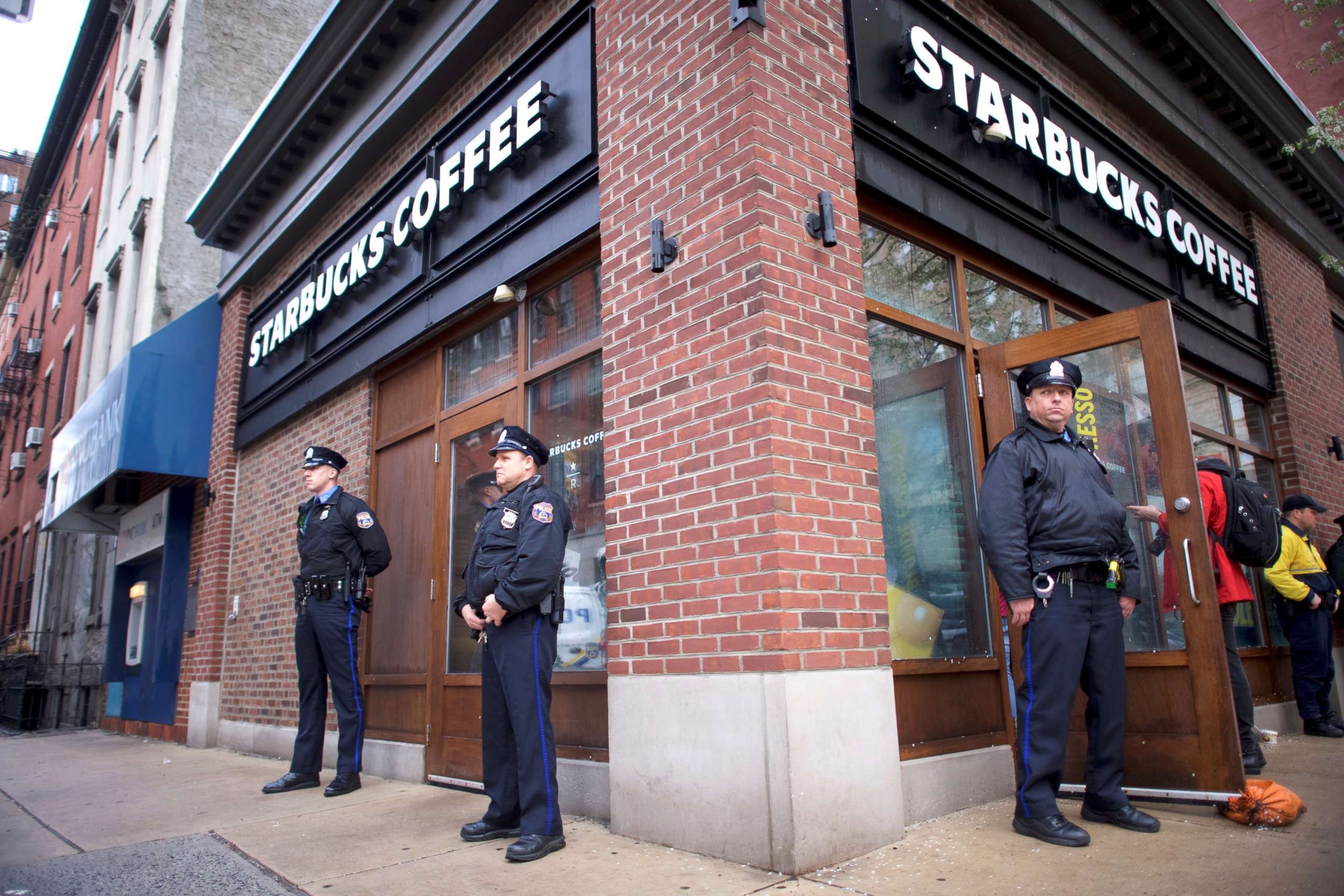
"I can tell you that it is a very consequential decision to close all of those stores and provide all of those employees with training. There's expense both in terms of the lost revenue and the resources required to train everyone," Jonathan Greenblatt, director and chief executive officer of the Anti-Defamation League, told ABC News.
Kevin Johnson, Starbucks' chief executive officer, announced last week that the company will close more than 8,000 company-owned stores across the nation for several hours on the afternoon of May 29 to train 170,000 employees on how to prevent discrimination.
Given that Starbucks' company-owned U.S. stores earned $17.6 billion in 2017, shutting down stores for several hours in one afternoon will cost the company millions of dollars in lost revenue. But the company, which boasts of being one of the most progressive in the United States, stood to lose much more had it not acted so quickly.
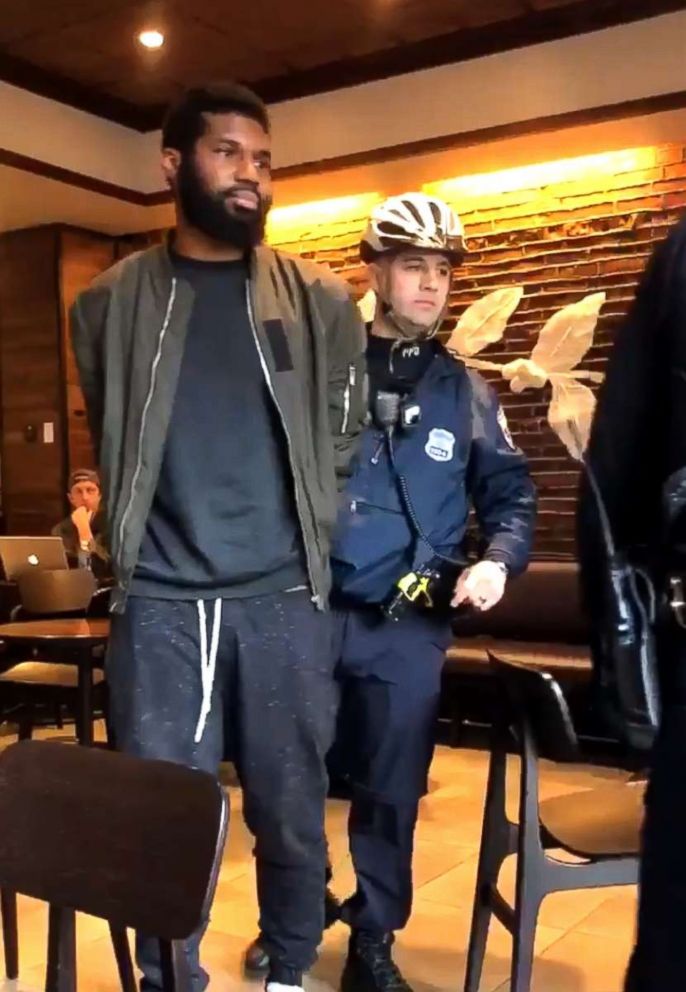
In the wake the April 12 arrests of Rashon Nelson and Donte Robinson at a downtown Philadelphia Starbucks, protesters called for a national boycott of the company that quickly spread across social media.
Nelson and Robinson told ABC News' "Good Morning America" that the white manager of the Starbucks called the police on them two minutes after they arrived at the store and Nelson was denied the access code for the restroom because he hadn't made a purchase. The men said that when police arrived they were told they had to leave the store. When they refused to leave, they were arrested.
The unidentified manager who called police in the first place is no longer with the company.
Robinson and Nelson said they had gone to the Starbucks for a meeting on a real estate deal they had been working for months.
Since Johnson's announcement and his apology to Nelson and Robinson, talk of the boycott has calmed down. Starbucks also agreed to engage in mediation with the Nelson and Robinson.
"Starbucks holds itself open as a place for people to meet and to have public conversations; those are words from their website," Stewart Cohen, a lawyer for Nelson and Robinson, told ABC News. "The apologies are fine, but what we need to do is have some action by Starbucks with respect to this situation. There has to be real and meaningful discussions."
Meanwhile, Philadelphia Police Commissioner Richard Ross apologized Thursday for initially defending the officers who arrested the men. He said he "failed miserably."
"I should have said the officers acted within the scope of the law and not that they didn’t do anything wrong," Ross said during a press conference Thursday. "Words are very important."
Greenblatt, a former White House adviser to President Barack Obama on social innovation and civic participation, said Starbucks has taken significant measures to address the controversy.
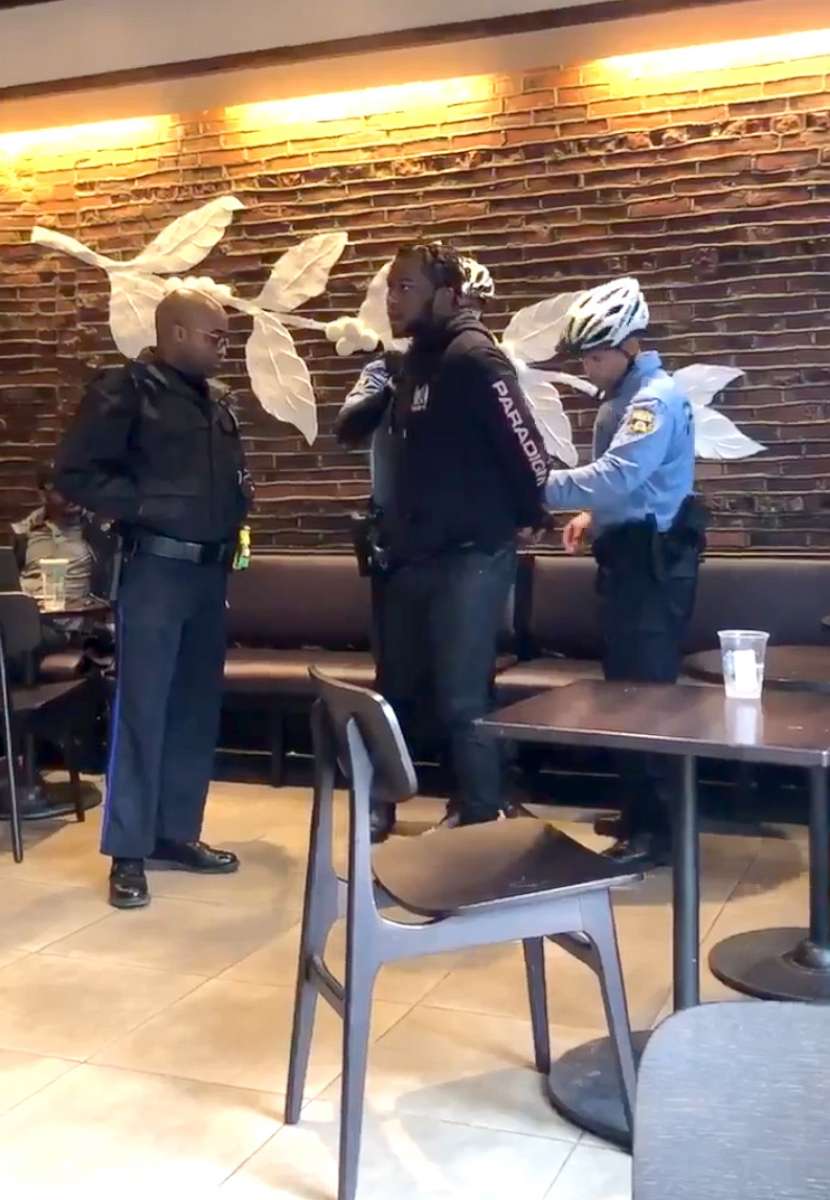
"Number one, the company turned on a dime. This happened and within 24 hours the CEO was on site in Philadelphia," said Greenblatt, who once worked for Starbucks as a vice president of global consumer products after he and his partners sold a company called Ethos Water to Starbucks in 2005.
"Within 72 hours, they'd announced this very ambitious program, where again they're doing something very consequential from a revenue perspective and a resource perspective, about as consequential as you can get if you are in the retail business," he said.
Along with former U.S. Attorney General Eric Holder and Sherrilyn Ifill, president and director-counsel of the NAACP League Defense and Education Fund, Greenblatt is among a group of leaders providing guidance to Starbucks in developing its curriculum for the training, the company said.
"We have great reach, a lot of expertise and decades of experience" in combating hate, Greenblatt said.
He said the ADL provides anti-bias, anti-bullying and anti-hate training in schools throughout the nation and offers education to more than 15,000 law enforcement officers per year on how to deal with hate and hate crimes.
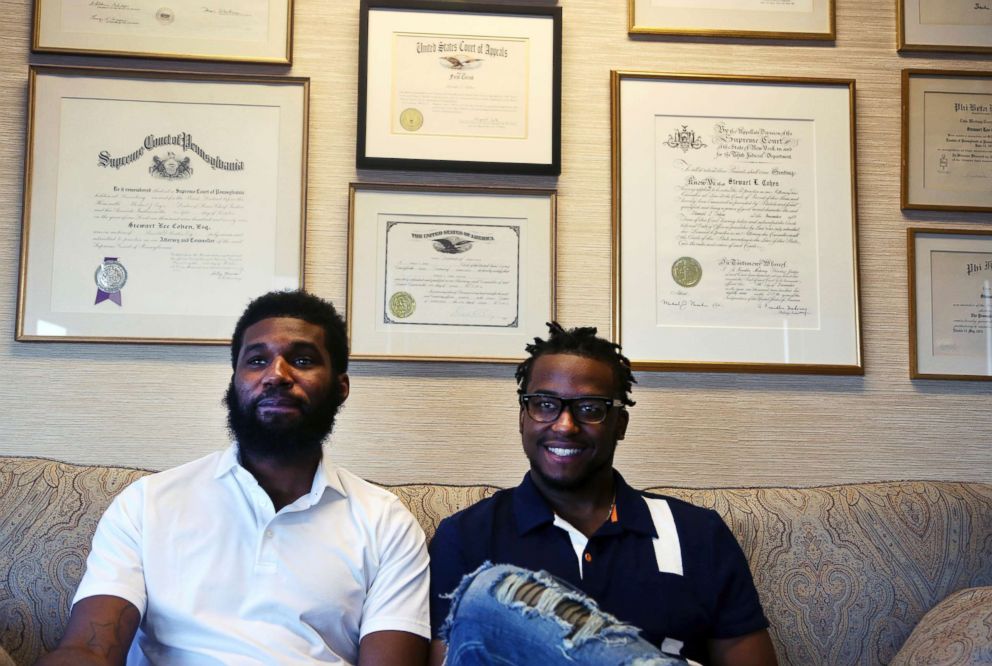
"Starbucks is in the early [stages] of putting together what they want," Greenblatt said. "But when we deliver anti-bias training, it's focused on helping people to understand the perspective of the other, recognizing implicit bias so that you can interrupt it before it happens; understanding stereotypes and why they're hurtful."
He said the potential training for Starbucks employees could include lectures, team-based activities and having employees reenact scenarios on how to spot implicit bias.
"Each of us carries around certain bias views. So implicit bias is sort of the unconscious attribution of certain qualities to a person or maybe a group of people based on how you perceive the color of their skin, their religious faith, their gender," Greenblatt said.
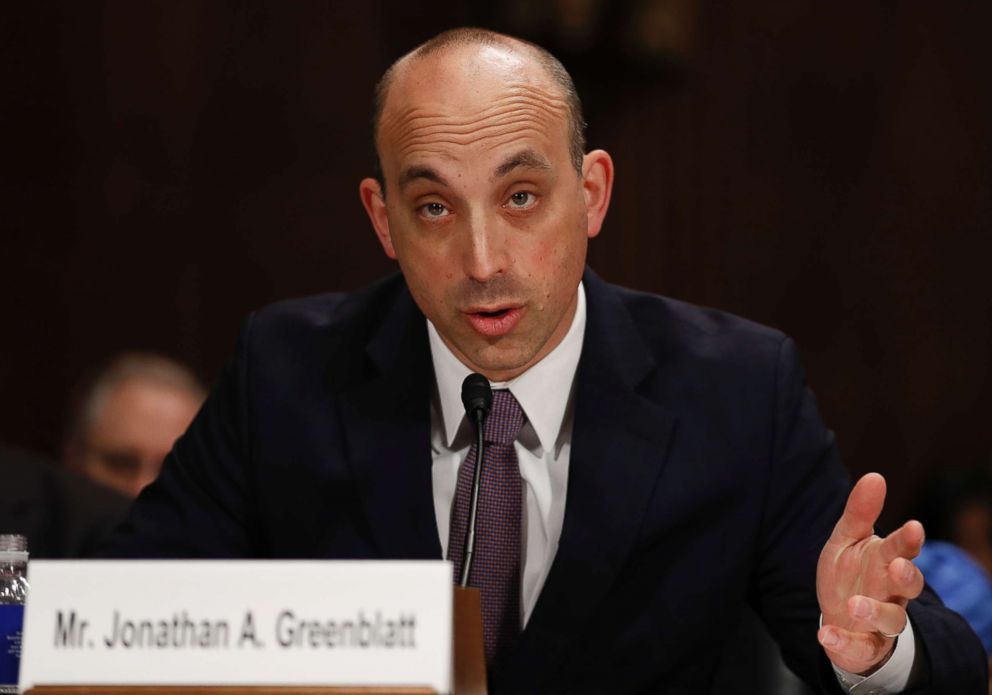
"The question becomes, why would a patron whose black and asks to use a bathroom is denied the key when you allow a white person to do it just a few minutes earlier? Implicit bias training is intended to identify those unconscious perceptions so that you can interrupt them before they happen," he said.
Starbucks CEO Johnson said the company would require all new employees to go through the training as part of the onboarding process. Johnson also said the company will offer its racial-bias curriculum to other companies to use.
"I think more and more it is very constructive that companies recognize they have to model the kind of behaviors they want to see in the communities they serve and come forward as good corporate citizens," Greenblatt said. "I think as a society we're increasingly aware of these issues around how do you confront bias, how do you confront stereotypes?"




